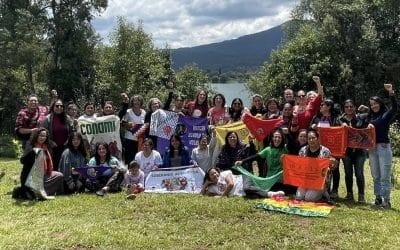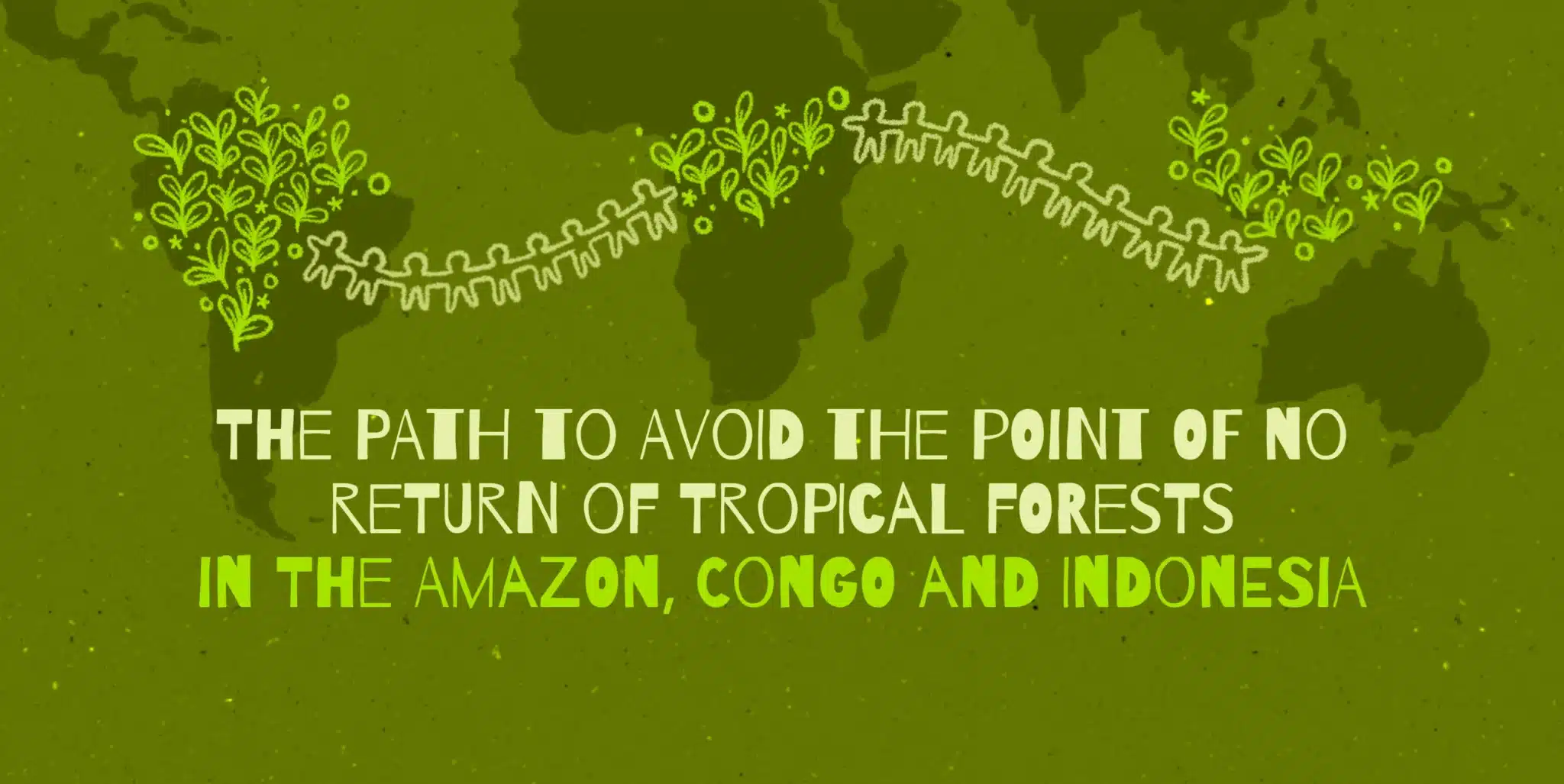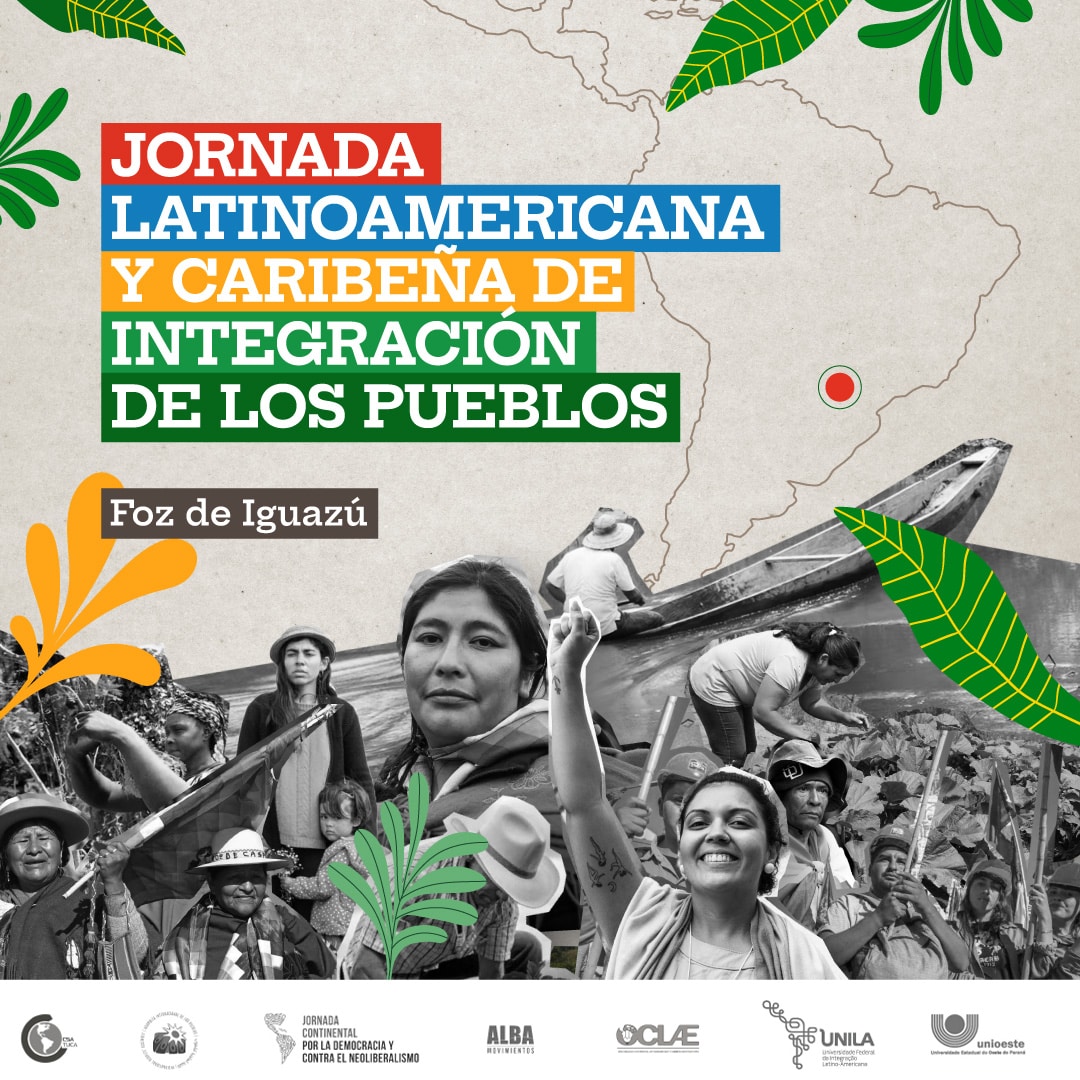Indigenous communities’ own conservation practices are vital to biodiversity conservation, said two new reports [1] launched by communities in Kenya [2] and Ghana [3]. These are part of a series of reports from 12 countries by the Global Forest Coalition’s [4] Community Conservation Resilience Initiative (CCRI) [5], which strives to influence policy-makers about indigenous/local communities’ role in protecting biodiversity, showing the threats they face, and pushing for greater policy support for their efforts.
In Kenya, the Maasai peoples and the Rendille peoples, both pastoralist communities have lived in harmony with wildlife and conserved the forests through customary laws and values.
For instance, in Kenya’s Nyekweri Kimintet Forest, which borders the famous Maasai Mara National Park, community members have given up their private land to form the 6000 acre Nyekweri Forest Kimintet Trust, to conserve this key elephant breeding site and prevent land being converted for other uses.
In Ghana, all three communities are part of the Ewe ethnic group, which conserves nature through sacred groves and sites, taboos, totems, observations and practices. These help to safeguard critical ecosystems and endemic species, helping to halt deforestation outside forest reserves [6].
However, community members in both countries have also identified serious threats to their territories and conservation efforts. For example in Ghana, extractive industries were identified as a major problem. Community members from Avuto, which is the only home to the threatened Sitatunga (an amphibious antelope species) described how their territory has been opened up to oil and gas extraction by multinational companies.
Industrial agriculture in indigenous territories is also a key threat leading to land conflicts. In Ghana, cocoa and coffee farms are illegally encroaching into conserved forest areas. Other threats include lack of legal protection of community forests, illegal logging, and over grazing.
“We in Kpoeta (Ghana) have seen our aesthetic mountain ecosystem destroyed through the myopic and misguided actions of our political elites,” said Mr Constantine Kosi Agbo from the Kpoeta community.
The communities propose solutions to these threats including better policy support, stronger tenure rights, strengthening linkages with government authorities, financial support to manage conservation areas and reforestation initiatives, and support to volunteer game scouts to monitor the conservation areas.
“As a community that is keen on conservation, the CCRI has reminded us that we can now plan to restore our conservation practices and strengthen our resilience more effectively. We are committed to continue our traditional conservation practice.” Said Sankau Ole Ntokoyuan, a Masai elder from Kenya.
See also a short video from CCRI in Ghana here:
And CCRI in Kenya:
NOTES
[1] Links to the reports can be found here:
Kenya summary: https://globalforestcoalition.org/wp-content/uploads/2018/02/KENYA-SUMMARY-WEB.pdf
full report: https://globalforestcoalition.org/wp-content/uploads/2018/02/KENYA-FULL-REPORT.pdf
Ghana summary: https://globalforestcoalition.org/wp-content/uploads/2018/02/GHANA-CCRI-SUMMARY.pdf
full report: https://globalforestcoalition.org/wp-content/uploads/2018/02/GHANA-CCRI-FULL-REPORT.pdf
[2] In Kenya, the Indigenous Information Network (IIN) facilitated CCRI assessments by two indigenous communities, the Maasai from Trans-Mara, Narok County, and the Rendille from Kargi, Kamboye, Korr and Logologo of Marsabit County.
[3] In Ghana, The Development Institute facilitated CCRI assessments by communities in Kpoeta and Saviefe Gborgame in the Weto Range of the Upper Guinean Forest of West Africa, and Avuto, which borders the Avu Lagoon within the Keta Lagoon Complex Ramsar Site (KLCRS),
[4] Global Forest Coalition is a worldwide coalition of almost 80 NGOs and Indigenous peoples’ organizations from 53 different countries striving for rights-based, socially just forest conservation policies. Link: https://globalforestcoalition.org/media
[5] More information about the CCRI can be found at: https://globalforestcoalition.org/resources/supporting-community-conservation/ The Community Conservation Resilience Initiative (CCRI) is a joint effort of a large number of indigenous peoples’ organizations (IPOs), women’s groups and NGOs coordinated by the Global Forest Coalition, who are carrying out bottom up assessments of community led conservation efforts in communities across 22 countries. The CCRI aims to contribute to the implementation of the Convention on Biological Diversity’s (CBD’s) 20112020 Strategic Plan for Biodiversity by providing advice on the most effective and appropriate forms of support for community conservation.
[6] For example the Kpoeta community is restoring the Tsii waterfalls, using GPS (Global Positioning System) to demarcate the site of the falls, and has established a tree nursery for endemic species for boundary and enrichment planting. Women in all communities highlighted their special role in holding traditional knowledge relevant for conservation and their efforts in intergenerational learning.
Contact
Ashlesha Khadse (Media Officer, GFC)
Cell and whatsapp: +91 8600839193 (India)
Email: ashlesha@globalforestcoalition.org
Simone Lovera (Executive Director, GFC)
Global Forest Coalition +595-981-407375 (Paraguay)
+31-6-47392511 (Europe)
simone@globalforestcoalition.org
Contact in Kenya: Ken Kinney,
The Development Institute,
kkinney@thedevin.org
+233 20 819 2239
Contact in Ghana: Edna Kaptoyo,
Indigenous Information Network,
kaptoyoedna@gmail.com
Tel:+254 020 2499388 or , :+254 020 2499389
Cellphone No: +254721845096




